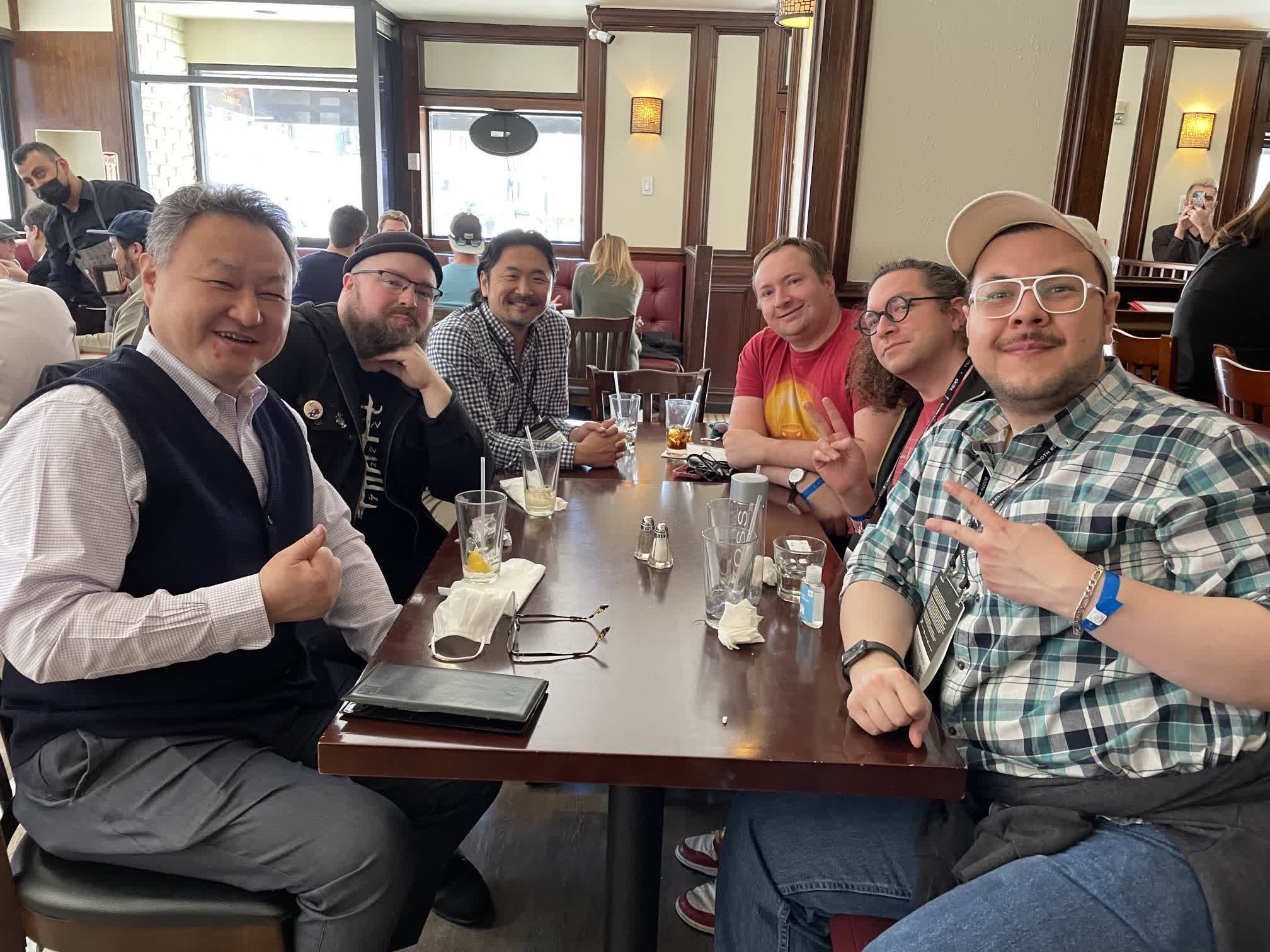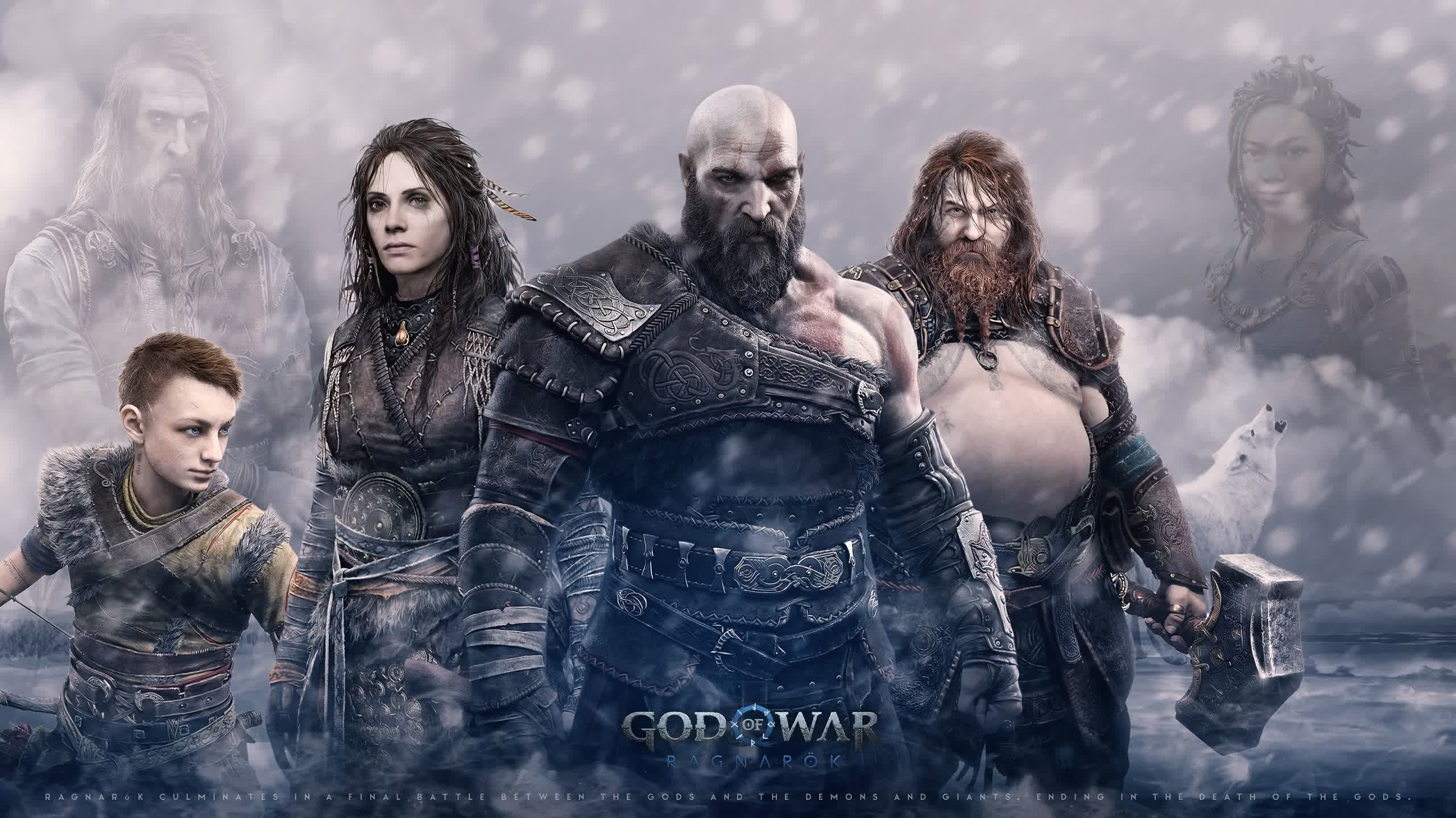In context: Game development is not what it was in the early days. Even when adjusting for inflation, producing a title in the 90s was cheap by today's budgets. Just over ten years ago, Sony spent less than $45 million developing God of War, but the budget for the sequel, Ragnarok, from only a year ago ballooned to around $200 million. Rapidly increasing development costs have caused Sony to cancel many potentially exciting new titles before they get too far off the ground.
Earlier this week, Shuhei Yoshida revealed that Sony regularly axes in-production games. The former Sony Interactive Entertainment president told The Guardian that he had to "cancel so many games" to "save" developers from getting "stuck" on a project. He said that it is just part of Sony's production process.
"We do a prototype, we evaluate, we decide whether to spend more time and resources, or we just stop," Yoshida said.
It is sometimes difficult to convince studios to drop a project early on, especially if the developers are passionate about it. However, Sony does not want to fund projects that ultimately go nowhere.
"We cancel so many games," explained Yoshida-san. "I usually try to convince the developer that I'm trying to save them from getting stuck with this project … We tend to work with people who have very strong ideas, we love these people, so trying to change or stop their project is so hard."

Making games has become much more expensive, and Sony wants to be sure it invests in the titles with the best chance of turning a profit, which is tricky as budgets grow. For example, just twelve years ago, the God of War reboot cost Sony about $44 million to develop. Last year's God of War Ragnarok cost around $200 million, by comparison. So the stakes are much higher for modern triple-A titles, and the expenses keep growing.
Yoshida turned the reigns of SIE over to Herman Hulst in 2019 and now oversees Sony's Independent Developer Initiative. He says that despite the higher risks involved with game development, he hopes the company continues funding ambitious titles rather than filling shelves with live-service models, which tend to have better payoffs in the long term.
"The industry keeps growing and growing, and I hope it keeps supporting and chasing creative ideas and people who try to work on new things," he said. "You don't want to see the Top 10 games every year being almost the same, all games becoming service games … That would be a bit boring for me."
However, after acquiring Bungie last year, Sony indicated it would task the studio in developing at least 10 new live-service games before March 31, 2026. Sony's CFO Hiroki Totoki told investors that the merger was not just to obtain the rights to the Destiny franchise. It also wants to leverage the studio's expertise in creating successful live-service games to develop other original titles that the company can indefinitely milk, like dairy cows.
"The strategic significance of this acquisition lies not only in obtaining the highly successful Destiny franchise, as well as a major new IP Bungie is currently developing, but also incorporating into the Sony group the expertise and technologies Bungie has developed in the live game services space," said Totoki.
Boring indeed.
